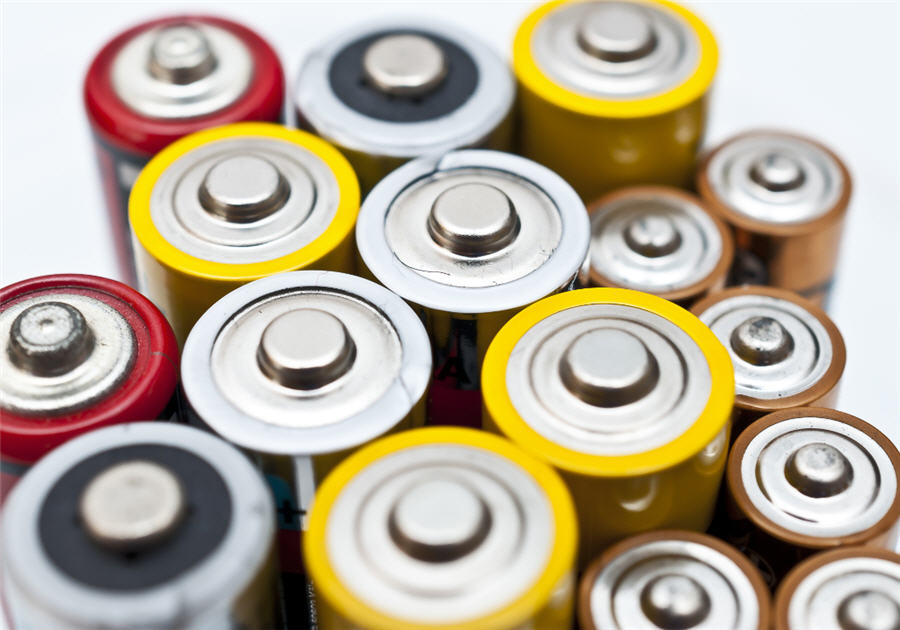London Metal Exchange moves further towards launch of lithium contract

LONDON, July 18 (Reuters) – The London Metal Exchange has asked companies that assess prices of battery-grade lithium to submit proposals to supply a reference for the cash-settled contracts it plans to launch next year, the exchange said.
Interest in battery metals such as cobalt, nickel and lithium has soared over the past year on the automotive industry’s ambitious plans to produce electric cars and cut noxious fumes from vehicles powered by fossil fuels.
“We have issued an RFP to a number of price reporting agencies,” a spokeswoman for the exchange said.
“We aim to invite shortlisted candidates to present their proposals at the LME’s electric vehicle metals advisory group on 10 October to facilitate the participation of industry users in the selection of the global reference price for lithium.”
The Request for Proposal (RFP) sent out on Monday to firms that collect and publish prices of lithium compounds, including lithium carbonate and hydroxide, asks for a response by Sept. 17, sources familiar with the matter said.
The European Commission is keen to capture the European car battery value chain that will be worth an estimated 250 billion euros by 2025.
“They want a dollar reference price for an international audience, not a domestic Chinese price for a contract to be launched (next year),” one source said.
“They want a price that can be used for daily settlement, which is interesting because as far as I know daily lithium prices are not available.”
Sources say the LME hopes to make a decision on the reference price provider by the end of the year.
The exchange is planning to launch a suite of contracts including lithium, hot rolled coil steel and alumina next year. China dominates the production of electric vehicle chemicals and batteries.
Lithium compounds are used to make rechargeable batteries for electric vehicles, a fast-growing sector of the auto market.
Lithium hydroxide is a smaller market as it is used for the nickel-cobalt-aluminium batteries produced by Panasonic for Tesla cars and in nickel-cobalt-manganese batteries using the 8:1:1 formula, being tested by battery makers.
“8:1:1 is if you like the holy grail, but it is still many years away,” a lithium industry source said.
Electric vehicle batteries used by most car makers typically use nickel-cobalt-manganese ratios of 5:3:2 or 6:2:2 and are made with lithium carbonate, the source said. “These batteries are a much bigger part of the lithium market.”
Lithium price providers include Benchmark Mineral Intelligence, set up four years ago to provide prices and analysis for battery raw materials which also include cobalt and graphite.
Argus Media and Platts also assess and publish lithium prices.
Global automakers plan to invest at least $90 billion in electric cars and batteries, the most expensive component in the vehicles, to finance hundreds of new models over the next five years.
(Reporting by Pratima Desai; Editing by Jan Harvey)
{{ commodity.name }}
{{ post.title }}
{{ post.date }}




Comments